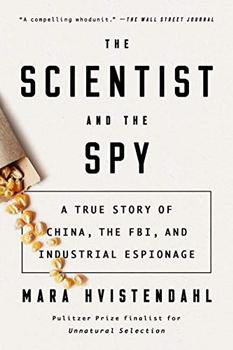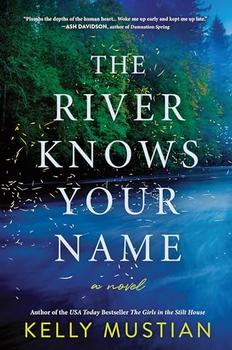Summary | Excerpt | Reviews | Beyond the book | Read-Alikes | Genres & Themes | Author Bio

The True History of Communist China's Founding Myth
by Sun ShuyunThe Long March is Communist China’s founding myth, the heroic tale that every Chinese child learns in school. Seventy years after the historical march took place, Sun Shuyun set out to retrace the Marchers’ steps and unexpectedly discovered the true history behind the legend. The Long March is the stunning narrative of her extraordinary expedition.
The facts are these: in 1934, in the midst of a brutal civil war, the Communist party and its 200,000 soldiers were forced from their bases by Chiang Kaishek and his Nationalist troops. After that, truth and legend begin to blur: led by Mao Zedong, the Communists set off on a strategic retreat to the distant barren north of China, thousands of miles away. Only one in five Marchers reached their destination, where, the legend goes, they gathered strength and returned to launch the new China in the heat of revolution.
As Sun Shuyun journeys to remote villages along the Marchers’ route, she interviews the aged survivors and visits little-known local archives. She uncovers shocking stories of starvation, disease, and desertion, of ruthless purges ordered by party leaders, of the mistreatment of women, and of thousands of futile deaths. Many who survived the March report that their suffering continued long after the “triumph” of the revolution, recounting tales of persecution and ostracism that culminated in the horrific years of the Cultural Revolution.
What emerges from Sun’s research, her interviews, and her own memories of growing up in China is a moving portrait of China past and present. Sun finds that the forces at work during the days of the revolution—the barren, unforgiving landscape; the unifying power of outside threats from foreign countries; Mao’s brilliant political instincts and his use of terror, propaganda, and ruthless purges to consolidate power and control the population—are the very forces that made China what it is today.
The Long March is a gripping retelling of an amazing historical adventure, an eye-opening account of how Mao manipulated the event for his own purposes, and a beautiful document of a country balanced between legend and the truth.
Readers brought up on the history of the Long March, will be riveted from the opening words. For those of us brought up in a Western culture who know of the Long March only as a vague piece of history, it will take a little longer to get into; but within a chapter, two at the most, readers with the remotest interest in history will be fully engrossed in the first person accounts of foot soldiers such as Woman Wang, Soldier Huang, Orderly Liu, Propagandist Wu, Fighter Li, whose stories Sun Shuyun so ably interweaves with archival research and official history...continued
Full Review
(559 words)
This review is available to non-members for a limited time. For full access,
become a member today.
(Reviewed by BookBrowse Review Team).
The Long
March
The 1934-35 massive military
retreat of the Red Armies from
the opposing Nationalist Party
army was not one march but
several, as various different
Communist armies escaped from
the south to the north and west.
The best known of these is the
journey taken by the 86,000
members of the First Army who
started out from Jiangxi
province in October 1934 and
traveled approximately 6,000
miles (9,500 kilometers) over
about 370 days (about 16
miles a day) through some of the
...
This "beyond the book" feature is available to non-members for a limited time. Join today for full access.

If you liked The Long March, try these:

Daughters of the Flower Fragrant Garden
by Zhuqing Li
Published 2023
Sisters separated by war forge new identities as they are forced to choose between family, nation, and their own independence.

by Mara Hvistendahl
Published 2021
A riveting true story of industrial espionage in which a Chinese-born scientist is pursued by the U.S. government for trying to steal trade secrets, by a finalist for the Pulitzer Prize in nonfiction.



Wherever they burn books, in the end will also burn human beings.
Click Here to find out who said this, as well as discovering other famous literary quotes!